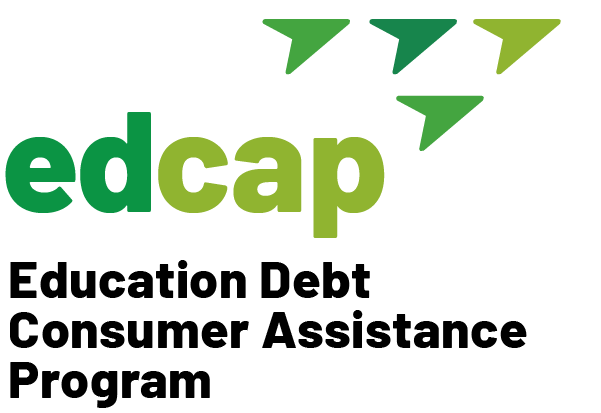Before you opt into a deferment or forbearance to pause your student loan payments, consider all your repayment plan options. If you have zero or low income, you may be eligible for a $0 monthly payment under an Income Driven Repayment plan.
Should I postpone paying my federal student loans?
You may not need to, but it will depend on your specific situation. Here are some things to consider:
- If your inability to pay is a long-term issue, enrolling in an Income Driven Repayment (IDR) plan may be best. An IDR plan allows you to make payments based on your income and household size. If you have no income because you don’t have a job, that payment can be as low as $0. There are additional benefits to being in an IDR plan, like loan forgiveness. You can enroll in an IDR plan via studentaid.gov.
- If you just need short-term relief because life happened, postponing repayment may be a good option. Explore your eligibility for a deferment or forbearance, which are avenues to postpone payments temporarily. You will need to contact your student loan servicer to enroll, but you can learn more below.
Caution: It is not uncommon for servicers to grant a forbearance on the spot because they have discretion to do so. But this may increase your total loan debt because interest will accrue. It may also capitalize (be added to your principal balance) when leaving a deferment or if you have non-Direct loans or certain types of FFEL loans when coming out of forbearance.
Tip: Rather than postponing repayment through a deferment or forbearance, enrolling in an Income Driven Repayment plan may be a better solution.
What are my options to postpone repayment?
Here are the most common options and circumstances that allow you to postpone repayment:
- Grace period. You get 6 months to start repaying after graduation, once you leave school, or if you drop below half-time enrollment status or withdraw.
- Deferment. Eligibility is based on the type of loan and when the loan was obtained. There are also various circumstances that may qualify you for a deferment, like being in school, experiencing a financial hardship, receiving cancer treatment, or being on active military duty. In-school deferments are usually automatic. For others, you must contact your servicer and apply. Click here for more information and a list of deferments.
- Forbearance. A servicer can grant a forbearance for things like financial hardship, medical expenses, and other reasons. You can also get a forbearance if you are serving in AmeriCorps, doing a medical or dental internship, or if your monthly payment is more than 20% of your gross income. You must contact your servicer to get a forbearance. Click here for more information about mandatory and discretionary forbearances.
Tip: Avoid deferment and forbearance if you can. If you qualify for a deferment, remember that it is better than a forbearance because your subsidized loans will not accumulate interest. Interest will accumulate for all loans with a forbearance and will capitalize when leaving a deferment, except an in-school deferment.
My loans are in default, am I eligible for a deferment or forbearance?
You are generally not eligible for a deferment or forbearance if you have defaulted on your loans. Refer to our Prevent or Get Out of Default resource for more information.
What are the consequences of missing a payment without a deferment or forbearance?
The first day after you miss a student loan payment, your loan becomes past due, or delinquent.
If you are delinquent on your student loan payment for 90 days or more, it will go on your credit report. A poor credit rating can make it difficult to:
- Obtain credit cards, home or car loans
- Sign up for utilities
- Get insurance
- Enroll in a cell phone plan
- Get approval to rent an apartment
If you continue to be delinquent for 270 days, your federal loans will go into default. This means that:
- Your wages can be garnished, your tax refund may be intercepted, or Social Security or disability benefits can be offset.
- You can no longer receive deferment or forbearance, and the ability to choose a repayment plan.
- It may take years to reestablish a good credit record.
- You may be charged collection fees, attorney’s fees, and other costs associated with the collection process.
What’s next?
Learn more about the consequences of deferment and forbearance and know your repayment options before calling your servicer. Call EDCAP if you need help exploring your options.








